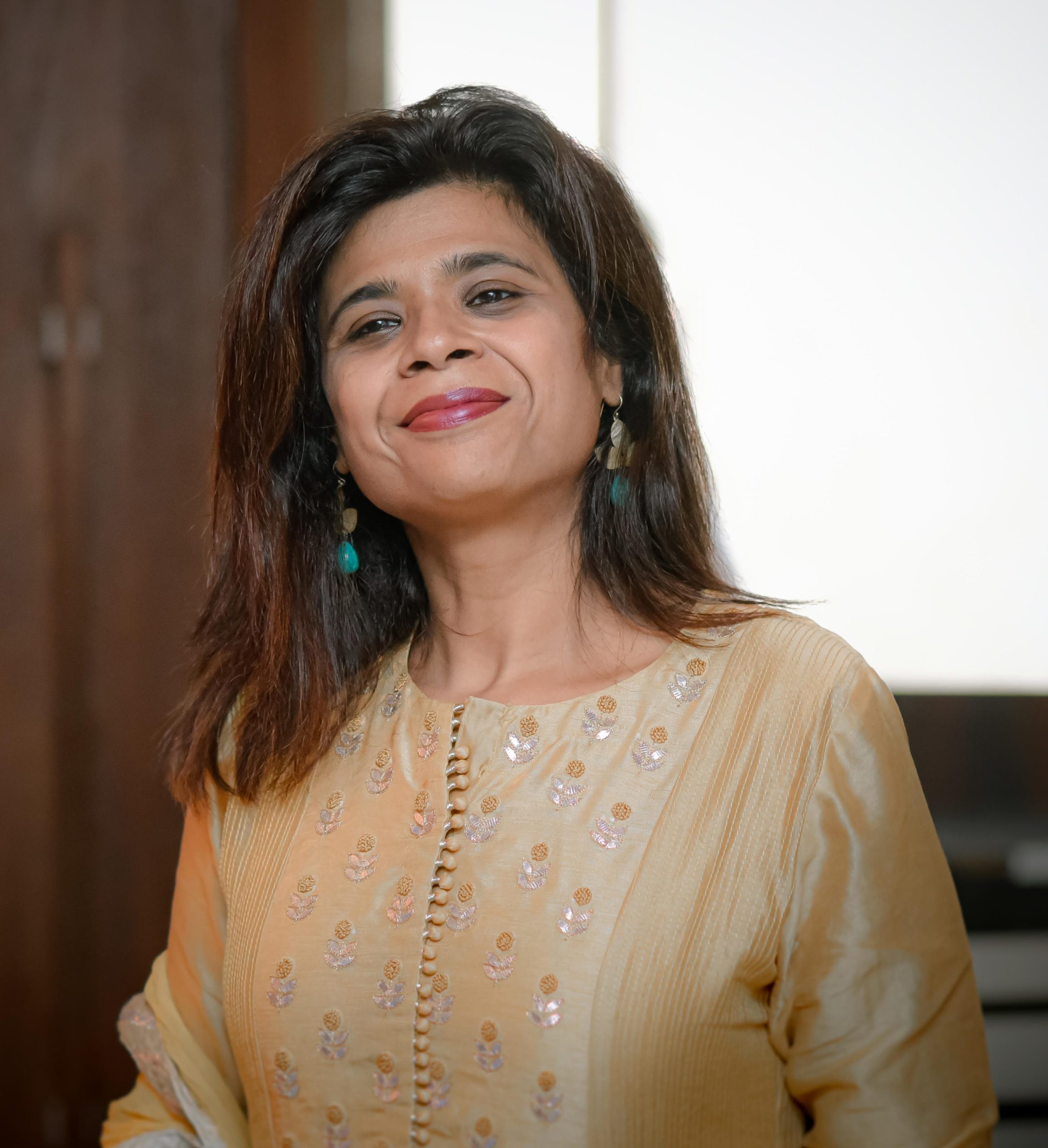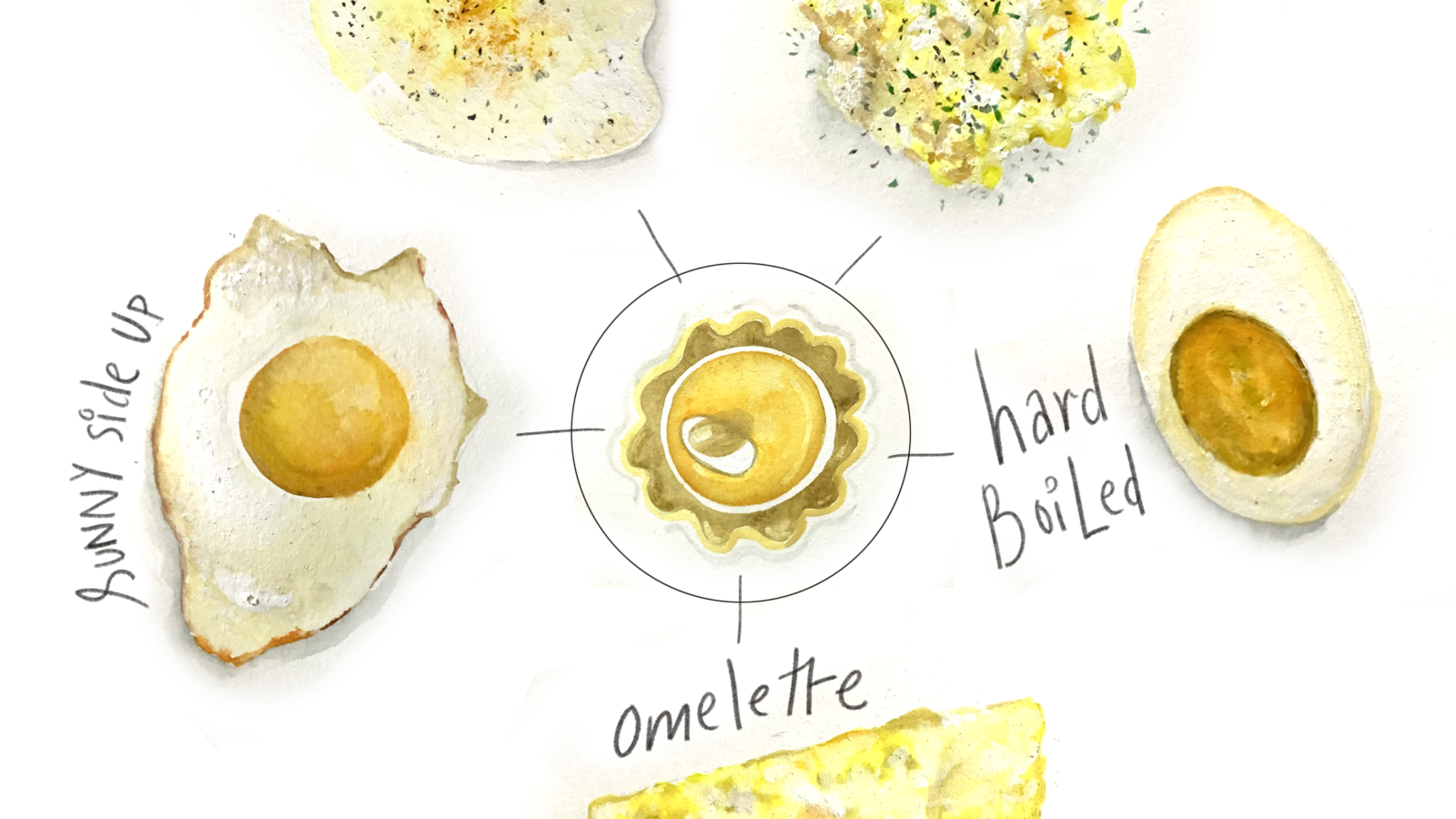There was no preliminary overcoming of doubt. Like Alice, I found myself tumbling headlong—anxious, petrified, clueless—into the rabbit hole of dating apps in January this year. I emerged six months later with no permanent scars, but a revised worldview. I don’t think I’ll ever look at relationships the same way again.
Not many thought I’d see through the first month. To be fair, they weren’t wrong. I was born in the ’70s, when the word dating hadn’t yet reached Indian shores. Not really. Meet-cutes happened at school, college and ‘mixed’ parties. Strangers asking personal questions? Not my jam. I deleted and reinstalled the apps a few times. It’s a common pattern among women, I later found out. I did not even try to fight it. My home (and my office, the local Starbucks) have decent WiFi.
It’s been two months since I’ve felt an urge to reinstall them. For me, the world has served its purpose, whether the connection is born online or at a friend’s party: I’ve realised what I don’t want from relationships. For a woman in her mid-40s, this is as important as figuring out what she wants because the latter—as most know, but few acknowledge—is one of life’s unsolved mysteries.
What’s not a mystery? That the perils of dating are age agnostic. The narrative is similar, at 16 or 46. Even in the times of sexual liberation which allow for women to be more open about physical needs, an emotional overhang is still a pain point. It creates an often unbridgeable divide with the men. Because, though the apps have created a larger dating universe across age groups, the algorithms are unable to calibrate emotional needs, rendering matches fun but usually not sustainable.
That’s the thing. Women often look for sustainable. Not for forever, or for permanence. But certainly for sustainable. Men, meanwhile, for the most part, are comfortable compartmentalising between the physical and the emotional: The twain don’t need to meet. That has been the male way, in common experience, including my own. (I’d assume it to be a result of nature and nurture working in tandem.)
Inevitably, women try hard to rewire their brains to be like their male counterparts. How much easier it seems, they think, to be able to detach and date. I know I tried. Hence, this segue to Relationships101, from a stunted stint at dating school.
Don’t try too hard to be what you’re not. Recalibrating expectations is necessary. Denying needs is pointless. They creep up on you, amplified for the suppression. I’ve learnt to call it the Runaway Bride syndrome. Remember that Richard Gere-Julia Roberts movie from 1999, that they hoped would be a Pretty Woman encore, but was really just a life lesson in knowing how you like your eggs?
No? Here’s a refresher.
So Roberts, a notorious altar-stander-upper, is that woman who becomes what her partner wants her to be, discovers potential suitor and terribly nosy Gere. He’s dug out proof: Roberts’ favourite breakfast egg dish is always that of her current paramour’s. He points that out to her, forcing her to decide who SHE is, by figuring out how SHE likes her eggs.
Really, and I promise you, my point isn’t about the eggs. It’s about a tendency among women to say what they think the man will want to hear. It’s almost instinctive. I have done it too, I admit, when I first threw myself into the crazy world of stranger-dating. It was inadvertent. I know men do it as well. It’s a rite of passage in any sort of courtship. To be honest, a little bit of posturing is endearing, indicates interest and so on. But forgetting who you are and what you need is dangerous. Worse, it’s counter-productive. No relationship—duration is immaterial—can be comfortable when built on false expectations and egg shells.
Yes, yes: I’m back to eggs, but that old silver fox was right. You need to know. How do you like ‘em eggs?
(I like a fluffy egg white omelette with mushrooms, green chilly and cheese. Three egg whites, please.)
Are you new to the dating world? Or have you been there and done that? How do you manage the upheavals, the highs and the lows? We’d love to hear at [email protected]. Do join the conversation.


